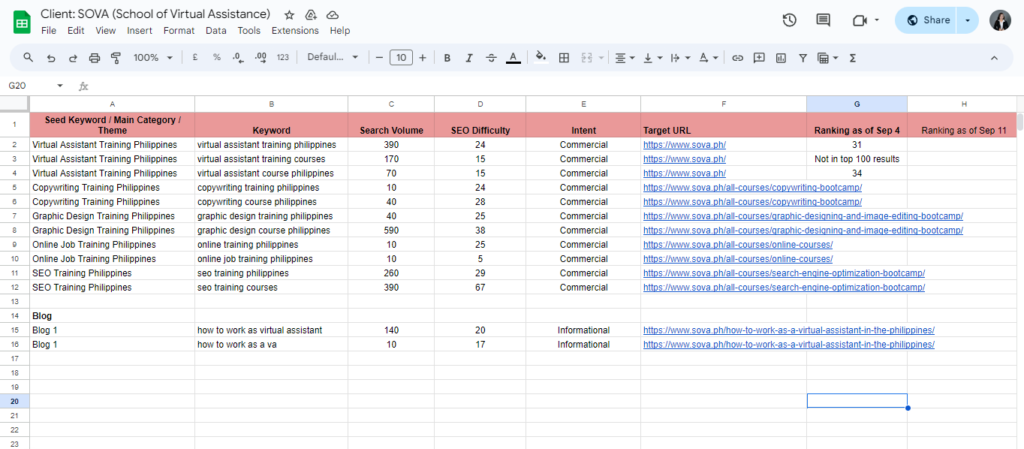Keyword Research
FIND THE RIGHT KEYWORDS TO DOMINATE SEARCH RESULTS!
Our Keyword Research service helps your business identify high-impact keywords to boost your online visibility and drive targeted traffic. We use advanced SEO tools and competitor analysis to uncover relevant short-tail and long-tail keywords that align with your industry and customer search intent. By understanding search volume, keyword difficulty, and commercial intent, we prioritize keywords that maximize ranking potential and conversions.
Whether you’re looking to improve content strategy, optimize existing pages, or discover untapped opportunities, our comprehensive keyword research provides actionable insights to strengthen your SEO efforts and deliver measurable results. Let us help you unlock your business’s search potential.
Step-by-Step Approach
1. Brainstorming and Topic Discovery
The first step in keyword research is brainstorming potential topics and keywords related to your business, industry, or niche. Here are the main types of keywords we consider:
- Seed Keywords: These are the core terms directly related to your business. For instance, if you sell cooling fans for laptops, terms like “CPU cooling fan” or “laptop fan replacement” might be seed keywords.
- Brand Keywords: Include your brand name and variations (if relevant). For example, “Asus cooling fan replacement.”
- Competitor Keywords: Keywords that competitors in your niche are using to drive traffic.


2. Using Keyword Tools for Research
The next step involves refining your keyword list by using specialized SEO tools to extract data and analyze performance metrics. Common tools we used are:
- Google Keyword Planner: Helps in identifying search volume and keyword suggestions based on broad or specific search terms.
- Ahrefs/SEMrush: Provide an in-depth analysis of keyword data, including difficulty, search volume, and related keywords.
Key data metrics to focus on: Search Volume and Keyword Difficulty (KD).
3. Understanding Search Intent
One of the most critical aspects of keyword research is understanding search intent. Search intent refers to the reason behind the search. It’s divided into four types.
- Informational: The searcher is looking for information (e.g., “how to replace laptop fan”).
- Navigational: The searcher is looking for a specific website (e.g., “HP support cooling fan replacement”).
- Transactional: The searcher intends to buy something (e.g., “buy Asus cooling fan replacement”).
- Commercial Investigation: The searcher is comparing products or services before making a purchase (e.g., “best laptop cooling fans 2024”).


4. Competitor Analysis
Studying what your competitors are doing is a key part of keyword research. You can identify which keywords your competitors rank for and figure out where there are opportunities to outperform them.
Tools like SEMrush or Ahrefs provide competitor analysis reports that show:
- What keywords competitors are ranking for.
- Their content strategy and backlink profile.
- Gaps in their keyword strategy that you can exploit.
5. Refining and Prioritizing Keywords
After gathering keyword data, the next step is to prioritize which keywords to target. Not all keywords are worth pursuing. Some have too much competition, and others may not convert well. Criteria for it involves:
- Relevance: How closely the keyword matches your products, services, or content.
- Search Volume: Ensuring the keyword has sufficient search volume to justify targeting.
- Competition Level: How easy or difficult it will be to rank for a keyword.
- Commercial Intent: Keywords with a high likelihood to convert into sales (usually transactional keywords).

Recent Projects

Let’s Collab!
We’ll create a personalized plan to enhance your online presence and drive more traffic.